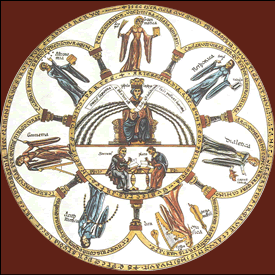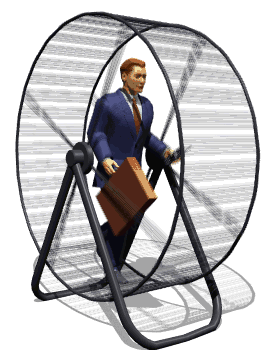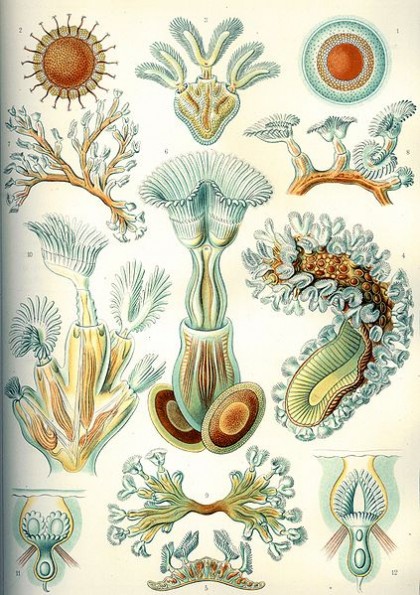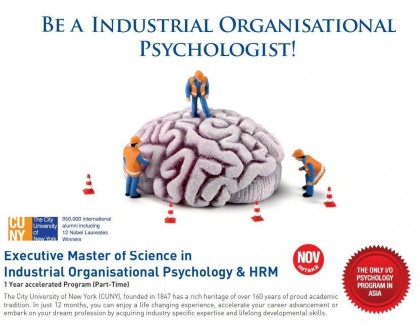Juan Antonio and the Personalist Manager
Devra Torres | Jul 25, 2014 | 2 cmts
Business management is not my thing. I’m a dyed-in-the-wool liberal arts type who much prefers words to numbers.

Business lit traffics in words, of course, but it’s so often saturated with the kind of deadly prose you produce when you’re writing for journals that exist to publish articles by people who have to publish there or they won’t gain tenure. They’re read by people in pursuit of tenure and, possibly, by people trying to deny other people tenure. Are they ever read voluntarily, for pleasure? I doubt it.

So it’s a breath of fresh air to discover Juan Antonio Perez Lopez, whose book, Foundations of Management, I’ve been proofreading lately.
Juan Antonio was my husband Max’s mentor at IESE Business School in Barcelona (and its former dean). While Max was earning his doctorate (and teaching MBA’s, and caring for our rapidly expanding family), he met the inimitable Juan Antonio and got acquainted with his ideas. (I had less leisure in those days to form an opinion of the ideas in question, but I’ll always remember Juan Antonio arranging his office chairs into a little crib so my infant son could nap while we discussed them.)
Just as he and Max were gearing up to start working more closely together, Juan Antonio was killed suddenly in a car accident. He left behind a rough translation of Foundations of Management, which we’re now getting ready for publication as an e-book in English.
What’s so different about Juan Antonio’s approach? For one thing, it’s based on the human person as free subject. It studies the way free subjects interact, without reducing them to cogs in a machine

or even organs in an organism.

(More in a minute on what’s so unusual about that.)
And it recognizes that they change—they develop or deteriorate, and so do their relationships—as a result of their interactions.
Something else that sets it apart is the way it’s applicable to any organization, commercial or not, from a multinational corporation to a high school chess club to your own family. Listen to this:
…whenever a manager complains that he lacks the power to make his subordinates obey him, or that his subordinates do not understand him, or that circumstances give him no opportunity to do what he wants to do, it would be a good idea to analyze whether his organization is being run as if it were a technical system, all the symptoms being merely the natural resistance an organism or an institution offers to being run like a machine.
(emphasis mine)
It doesn't take a lot of imagination to apply this to any kind of group, no matter how small. It's already had a salutary effect on my parenting. (And I've noticed this "natural resistance" before.)
It also allows you to make diagnoses, to pinpoint problems—not just by crunching numbers, but by attending to human realities. Juan Antonio was no utopian: he didn't fault money-making institutions for making money; he was just clear-sighted enough to see that human beings seek other satisfactions besides the kinds money can buy.
This may not seem so unique, because, after all, management theory has long acknowledged that people are not cogs in a machine, or at least that they heartily dislike being treated that way. But rather than see them as unique subjects with potential for development, it has generally opted for seeking an ever more effective toolbox of manipulation techniques.

That way your subordinates feel as if they’re getting their human needs met but in fact make no more trouble for you than the most low-maintenance machines money can buy.
Management theories that ignore subjectivity and freedom and the dynamic aspect of human beings are a dime a dozen, and they come up with some downright fanciful policies. Juan Antonio's views are a sorely needed remedy.

And the baby boy who used to nap in his office turned 21 this year. So it's about time.

Comments (2)
Sapperdepitjes
Jul 27, 2014 5:18pm
I was an MBA student in Juan Antonio' fabulous course, with Max sitting in as a doctoral student... So, where can I find this book?
Devra Torres
Jul 27, 2014 9:13pm
I should be done with the editing by the end of August, so I hope it will be out (as an e-book) soon after that.